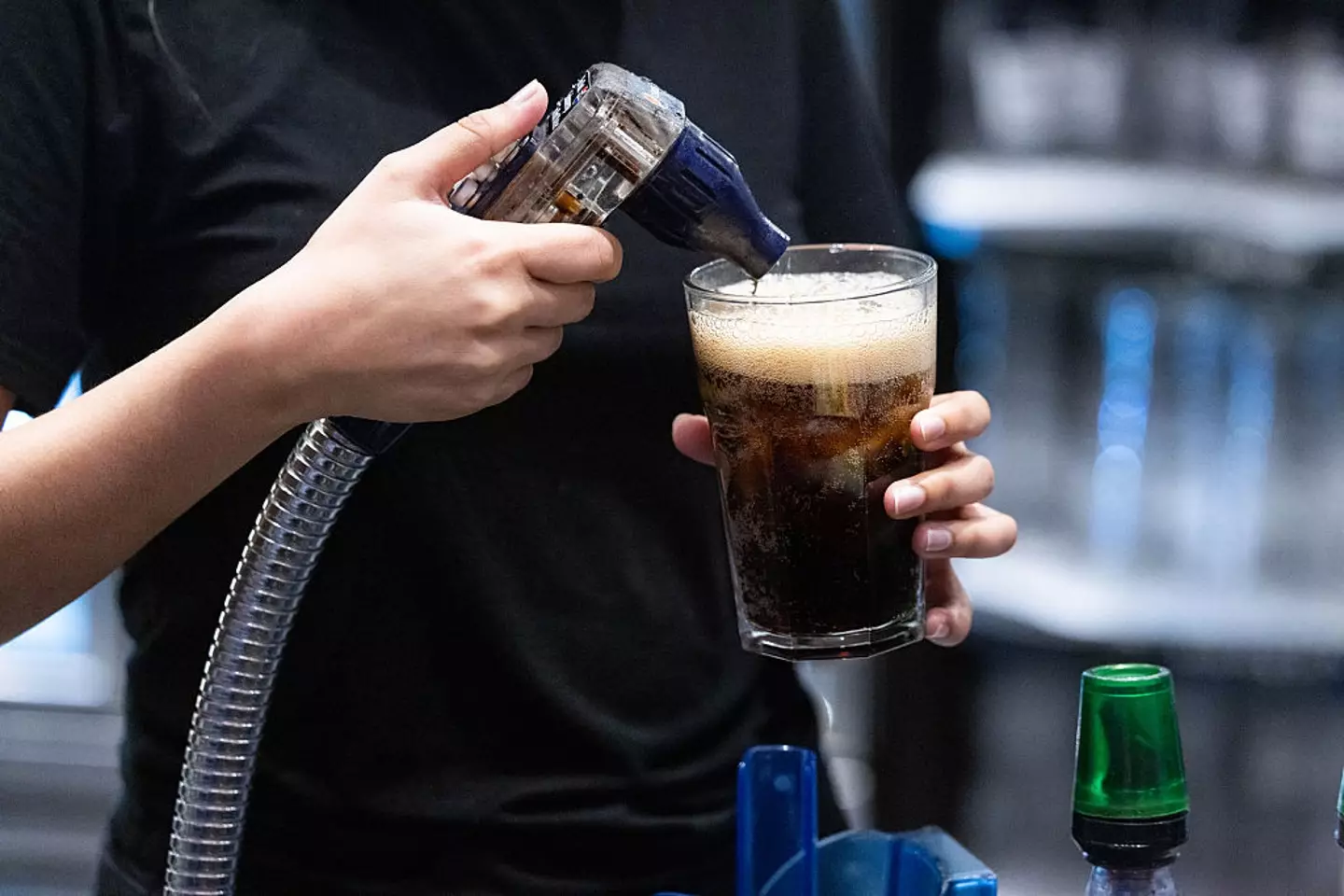
Most of us enjoy a sweet treat every now and again. For some, it’s chocolate, for others it’s biscuits, and for many, it’s a cold, fizzy drink on a hot afternoon. These sugar-packed refreshments have been part of everyday life for decades, from family barbecues to cinema outings.
While the health risks of these drinks are well known, from tooth decay to weight gain, they remain a favourite for millions looking for a quick boost.
But researchers are beginning to uncover another reason to think twice before cracking open a can.

Advert
A team in Germany has been looking closely at how what we drink might be affecting not just our waistlines, but also our mood. Their work has raised fresh questions about the hidden impact of sugary beverages on the brain, and the findings may surprise even the most casual fizzy drink fan.
The new study, published in JAMA Psychiatry, suggests that drinking soft drinks is linked to an increased likelihood of depression, particularly among women. Scientists found that people who regularly consumed these drinks had higher levels of a gut bacterium called Eggerthella, which has been connected to depressive symptoms.
Dr Sharmili Edwin Thanarajah, of University Hospital Frankfurt, said: “These findings underscore the role of diet in depression and highlight the gut microbiome as a key mediator.
“The observed sex-specific effects suggest the need for tailored prevention and intervention strategies”.
The team compared 405 people diagnosed with major depressive disorder to 527 without, asking them about their soft drink habits and analysing stool samples to study their gut bacteria.
While women showed clear signs of increased Eggerthella when drinking more soda, men did not show the same association. The researchers believe that sex hormones may play a role, and also noted that two-thirds of the participants were female.
Sugar in soft drinks is known to disturb the gut microbiome by lowering beneficial bacteria and boosting species that drive inflammation. In mice, Eggerthella has been shown to reduce butyrate; this is an anti-inflammatory compound important for gut health and deplete tryptophan, a building block for serotonin, which helps regulate mood.

Dr Arun Swaminath of Lenox Hill Hospital, who was not involved in the research, adds: “What’s really interesting here is that they’ve connected these same bacteria to a psychiatric disorder and have shown that you increase these types of pro-inflammatory bacteria when you take in these sugary drinks."
Still, experts caution that more work is needed to prove a direct cause. The researchers wrote: “While our analysis links soft drink consumption, gut microbiota changes and depressive symptoms, experimental studies in humans and rodents are necessary to prove a causal link.”
For now, the simplest advice is to go on is that water remains the safest and healthiest choice. And as Dr Anna K. Costakis of Northwell Staten Island University Hospital points out, probiotic sodas may not be the answer either, as she told The Post: “I don’t know that this is the response because most of those beverages are also so chock full of either real sugar or artificial sugar.
“And the artificial sweeteners disrupt the gut microbiome just as much as regular sugar."
